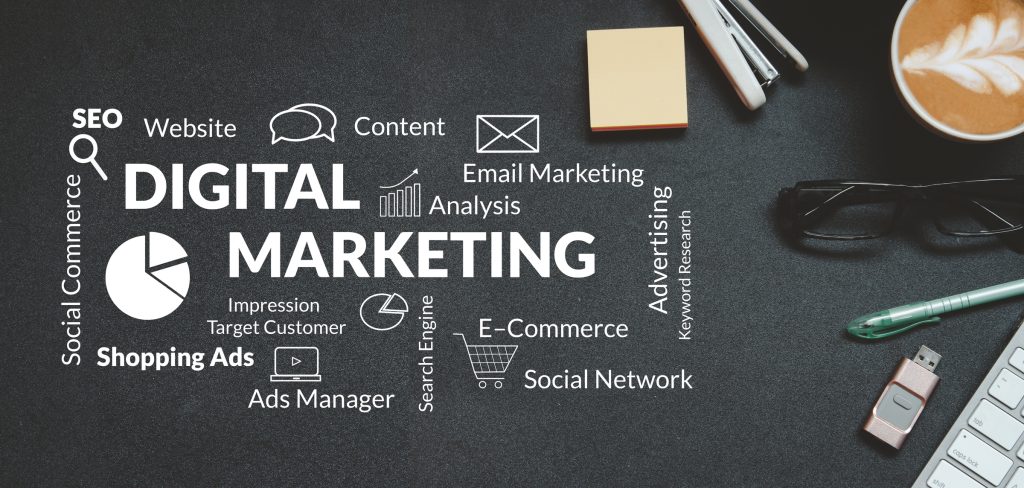If you’re a marketer, it’s vital for you to understand how to target these customers for maximum return on your investment.
The DIY generation.
“In the past, crafting and ‘doing it yourself’ seemed to be reserved for grandmas and middle aged women book club activities,” writes Jeff Fromm, a self-proclaimed DIY-addict. “Now, young adults under the age of 35 dominate the 29 billion dollar crafting industry. Millennials are bringing together technology, creativity and entrepreneurism as they take on more DIY projects.”
From a marketing perspective, identifying this trend is just the start; now you need to act on it. And in order to harness the DIY mentality of contemporary consumers, Fromm says there are three things you need to understand about DIY millennials in particular:
- Active participation. Millennials have been conditioned to engage with content. The whole premise of social media is that you post content, share content and provide feedback on other users’ content. These people want to be involved in something bigger than themselves.
- Individual customization. Research shows that four out of ten millennials are interested in co-creating products with brands. Many brands are taking advantage of this by giving users the chance to customize product and service offerings to suit their own taste and needs.
- Experiential value. Finally, DIY millennials crave experiences over tangible items. This is why Toms Shoes is so wildly successful. Sure, the shoes are cool, but the idea that you’re giving back to someone in need has its own strong pull.
When you combine all these elements, it should become clear that this segment of the millennial demographic wants to play an active role. They don’t simply want to sit on the sidelines and watch everything unfold; they want in on the action. For marketers, this is great news.
Five tips for reaching the DIY market.
In order to reach the DIY demographic and maximize your efforts, absorb the following techniques. They’ll help you connect with millennials in new ways.
1. Invest in actionable content. Actionable content is huge. Don’t just create content that talks about a product or idea. Offer content that empowers users to take action. This resource by Home Stratosphere is a perfect example of actionable content. It not only features a ton of DIY ideas, but it provides tutorials and material lists that users can copy for easy access.
Is your content actionable or merely descriptive? There’s nothing wrong with descriptive content that tells a story, but the DIY segment of the marketplace craves tangible ideas that include step-by-step advice.
2. It’s not about the money. When marketers initially get involved with DIYers, they tend to assume that money is the most significant pain point. In other words, they assume people choose to tackle DIY projects in order to save money. This may be part of the point, but it’s not always the primary goal. According to one survey, only 39 percentof people do it to for financial reasons. Instead, most are motivated by the joy of the hands-on experience. If you’re trying to market to this group, you need to focus on that concept, not so much the savings.
3. Leverage social media. Social media is your best friend. Specifically, Pinterest is where you should spend the majority of your time. Devotees of Pinterest are heavily DIY-inclined, and you can generate a lot of ROI from a steady commitment to that site as well as other social media.
If you want a great example of what it looks like to leverage Pinterest successfully, check out Ana White’s Pinterest board. White runs a DIY site that specializes in woodworking and other projects. Though much of her traffic comes from blogging sites and other sources, she generates a lot of buzz from Pinterest.
4. Encourage content creation. One of the great things about DIY consumers is that they not only want action, but they also want to be a part of something. You can satisfy both of these motivations by encouraging content creation.
That’s right, you can actually get your users to generate content for you. There are a number of effective strategies — and some will be more useful for your brand than others — but here are some of the best.
5. Launch contests. Contests can be a great way to promote sharing and engage customers. If you playing off the last tip — encouraging content creation — you might consider running a contest that asks users to submit content in order to win something.
Starbucks did this with the White Cup Contest in 2014. The coffee giant asked customers to doodle on their cups and upload images using a particular hashtag. The company collected more than 4,000 entries in three weeks and was able to activate customers who had previously been dormant.
Marketing to DIYers.
When you market to DIYers, you have to take a unique approach. The good news is that it’s often easier to reach this segment of the marketplace than to reach those who refuse to engage with content.
Keep the above tips in mind when you try come up with a creative campaign that will put your brand in front of more people.
___
by ANNA JOHANSSON








